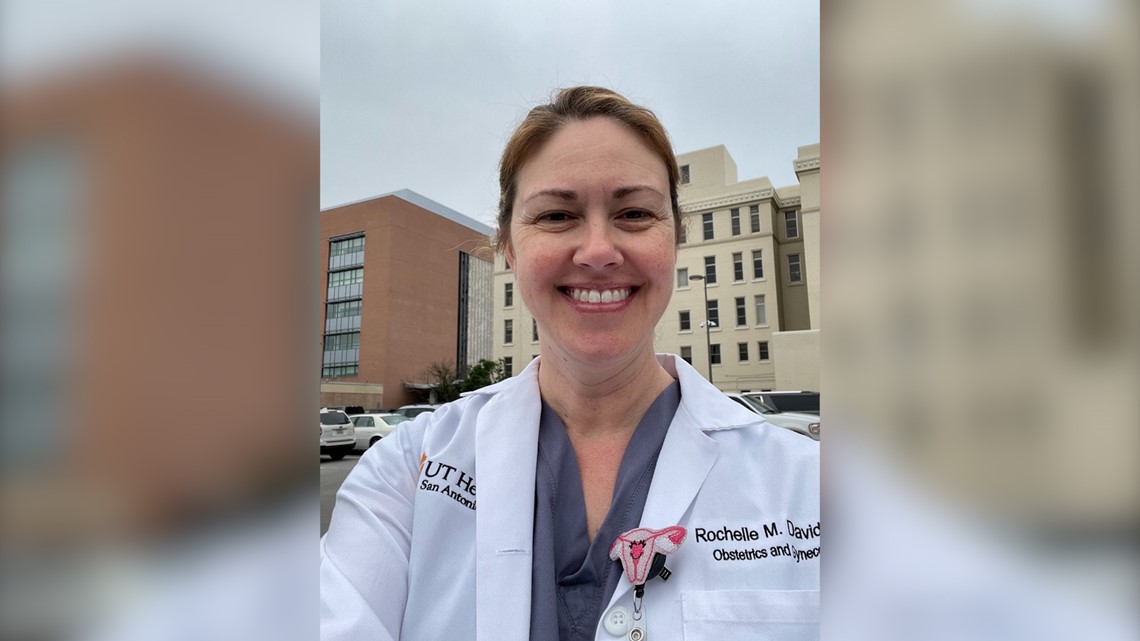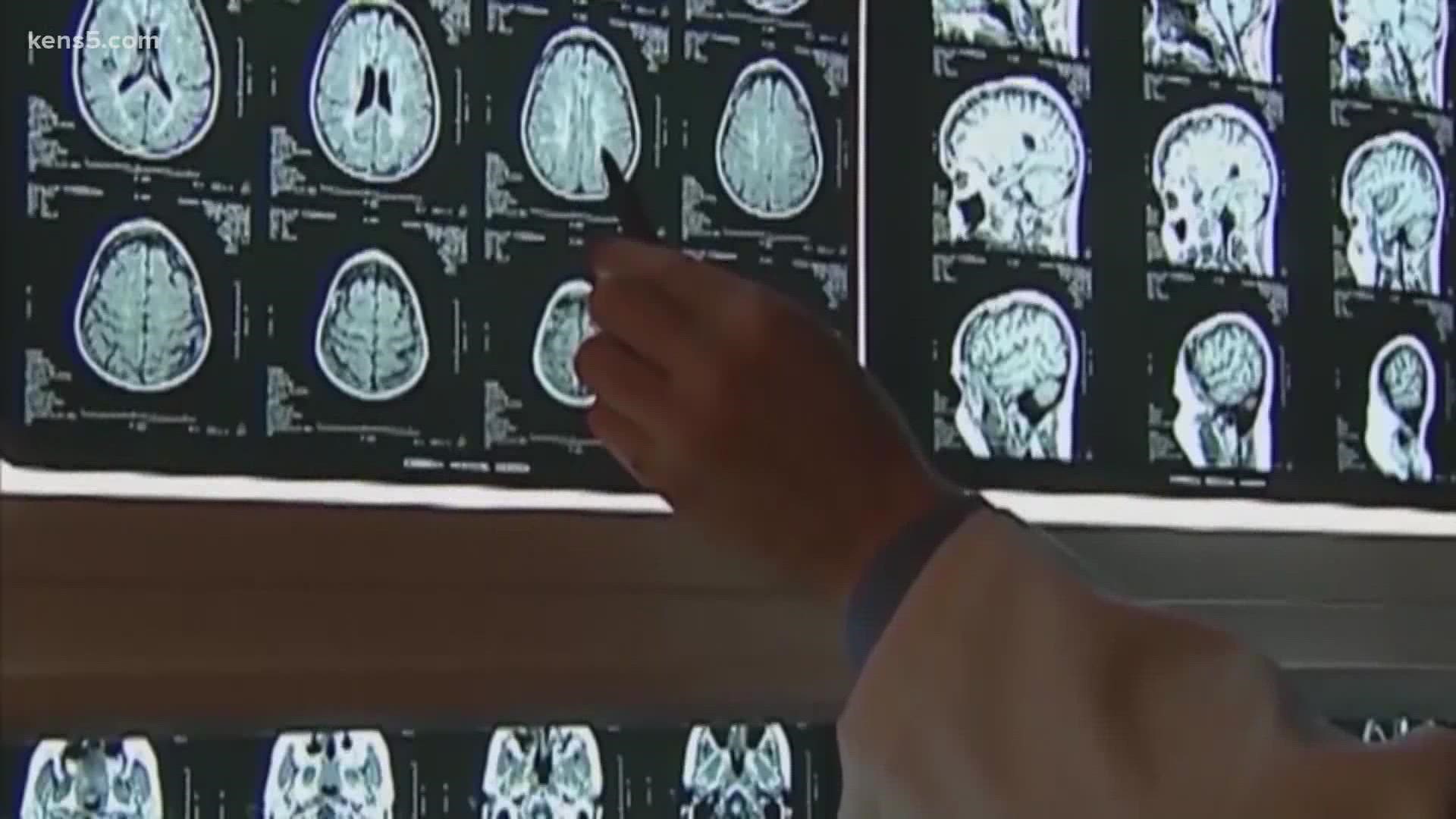SAN ANTONIO — A new study is taking a closer look at why COVID-19 affects everyone differently.
Researchers want to know why some people have no symptoms, while others still have them months later.
This study is nationwide, but a research hub is located in south Texas. And it needs volunteers.
To learn more about the long-term effects, KENS 5 also spoke with a COVID-19 survivor still dealing with long-term symptoms nearly one year later.
"It's been a long journey that really affected everyone in my life," said Dr. Rochelle David, associate professor in the Department of OBGYN at UT Health.
David was diagnosed with COVID-19 on Dec. 1, 2020.
"I just, in no way shape or form, expected what happened to me," she said.
After the initial symptoms like fever, cough, and loss of taste and smell went away, other issues lingered that are still affecting her memory.
"I've been practicing obstetrics for 17 years," David explained. "Routine tests that I have ordered thousands of times, I had no idea what they were, what they meant."
She had to re-learn what she's known for years.
After extensive physical, speech and occupational therapy, David is back to seeing patients in an outpatient setting.


David says she's not quite ready to return to operations or labor and delivery.
"My independence was gone. My intelligence, I've had that my whole life and all of a sudden that was completely gone, and really my identity."
Nationwide, a post-COVID study is underway to understand the scope of this problem. Why are COVID survivors affected so differently?
Dr. Mark Goldberg and the team at UT Health Science Center San Antonio are recruiting 900 adults for the federally-funded study called "Prevention, Evaluation and Incidence of Long-Term COVID in South Texas" (PREVAIL South Texas). It's part of the National Institutes of Health (NIH) "Researching COVID to Enhance Recovery" (RECOVER) Initiative.
"We are doing people who have had COVID from San Antonio, from Laredo, and across our South Texas area," said Goldberg, who is a professor at UT Health Science Center and the director of the Institute for Integration of Medicine and Science. "It's important for a research project like this that we really represent the kind of people who live in our country. We need to have geographic diversity. We need to be able to get exactly the kind of people who are affected most by COVID."
It's the only Texas partnership in the program, comprised of UT Health Science Center San Antonio, University Health and the Laredo Health Department. Their research hub is one of 17 in the U.S. for this study, projected to receive $15 million from NIH.
"Does it matter if people had the disease a year ago? Or with the new variant, most recently with the Delta wave we've had, does their age, their sex, their ethnicity matter? What does it matter if they've been vaccinated or not vaccinated?" said Goldberg.
The study will also include COVID survivors who experienced no symptoms.
"We really want to be sure we understand the full length of this," Goldberg explained. "We want to be flexible here as this disease changes, and sometimes it does, we want to be ready. We want to be prepared to understand how it changes."
18,000 people across the U.S. will be followed across four years as part of the study.
David adds her experience has given her a new outlook on life. Months after her diagnosis, she tells KENS 5 she's thankful for the experience.
"I wish I could have learned in a different way, but I am thankful for what it's taught me for sure," said David. "I'm much more present in the moment. I'm much more appreciative of what I have on a day-to-day basis."
Volunteers who wish to get involved can visit RECOVER-TX.ORG to get started.

